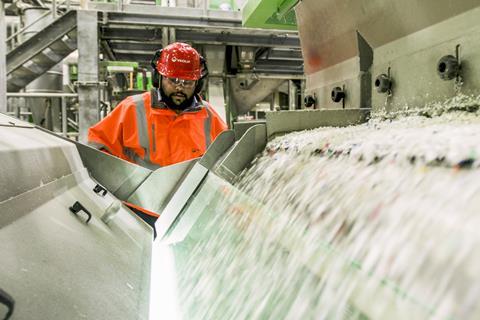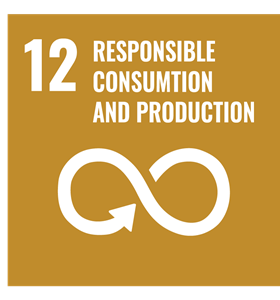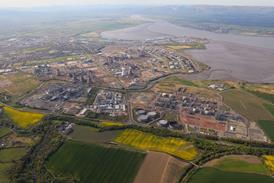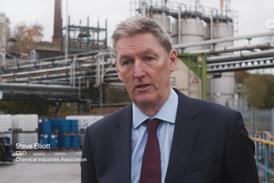Following a successful trial earlier this year, One Stop has partnered with global resource management company, Veolia with the aim of recycling over 380,000 milk bottles per year from their stores.

Own Label milk bottles from the stores’ relevant vending machines and staff refreshments are collected from One Stop’s distribution centres by Veolia on a weekly basis and then the recycling begins.
Veolia takes the milk bottles to its Dagenham Plastic Facility where they begin their recycling journey. The bottles are washed, shredded and turned into pellets which can then be blown back into milk bottles and ready to use again!
The convenience retailer, which is transforming through its sustainable journey, has also recently replaced its green hard-to-recycle bottle tops on their British semi-skimmed standard milk with clear recyclable lids.
Veolia currently processes around 100,000 tonnes of plastic a year across the UK. Using the Plastiloop service, the company provides a wide range of services covering waste collection, sorting, washing, compounding and production of ready-to-use circular and food grade polymers, which enable customers to maintain product quality, and cut their environmental footprints.
Operating through three dedicated sites in London, Essex and the Midlands, backed by ten materials recycling facilities, the company can process over 100 different grades of plastic from consumer, commercial and industrial sources, and pass these materials back into the supply chain for reuse. To help industry Veolia’s dedicated Sustainable Packaging Academy helps businesses to better understand packaging circularity and future-proof packaging design.
Included in the range of recyclable materials are High-Density Polyethylene (HDPE), Low Density Polyethylene (LDPE), Acrylonitrile Butadiene Styrene (ABS) plastics, Polycarbonate (PC), Polyethylene Terephthalate (PETE), Polypropylene (PP), Polystyrene (PS) and Vinyl/Polyvinyl Chloride (V/PVC).
Globally, Veolia recycles over 610,000 tonnes of plastic waste a year, and is part of the Alliance to End Plastic Waste (AEPW) that has committed over $1.0 billion to develop large scale solutions that will minimize and manage plastic waste and promote solutions for used plastics.

















